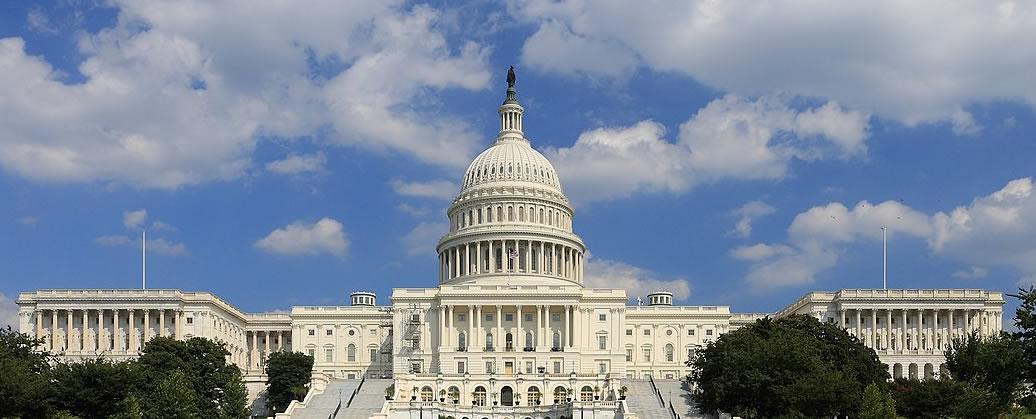Communications & Public Affairs
May 19, 2022
FOR IMMEDIATE RELEASE:
Wes Carter, Press Secretary
Oklahoma House Democratic Caucus
(405) 962-7674 wes.carter@okhouse.gov
House Democrats Provide Comments on State Education Budget
OKLAHOMA CITY – House Democrats released the following statements about House Bill 4465, which sets the State Department of Education budget. HB4465 increased common education funding by half a percent.
Rep. Melissa Provenzano, D-Tulsa:
“A half-percent increase for the common education budget when the state budget has grown by nearly a billion dollars falls short of the needs of our public schools and the 700,000 students they serve. Once distributed among the line-item projects funded in the budget, the half-percent increase won’t make it to our public school districts. Due to global inflation caused by the pandemic, operation costs are at an all-time high. If we can give an international, multi-billion dollar company $700 million, surely we can find a way to help our community school districts manage rising costs.”
Rep. Trish Ranson, D-Stillwater:
“An incremental investment in common education is necessary to give students the stability they need. Instead, we’re told ‘not this year.’ A budget held flat is a cut when considering the current inflation rate. Our districts have to make tough decisions that affect the learning of our students. We cannot hope for economic development in this state without simultaneously investing in our children’s education.”
Rep. Jacob Rosecrants, D-Norman:
“This budget provides a slight increase in appropriations for common and higher education, while the state has more money than in past legislative sessions. The half-percent increase isn’t enough to help public schools navigate inflation and the scars from historic funding cuts in the not-so-distant past. Progress takes investment, and this budget simply doesn’t do enough to invest in our teachers, support staff, and classrooms.”
Rep. John Waldron, D-Tulsa:
“I am not against education spending. I am against inadequate education spending.”
-END-

